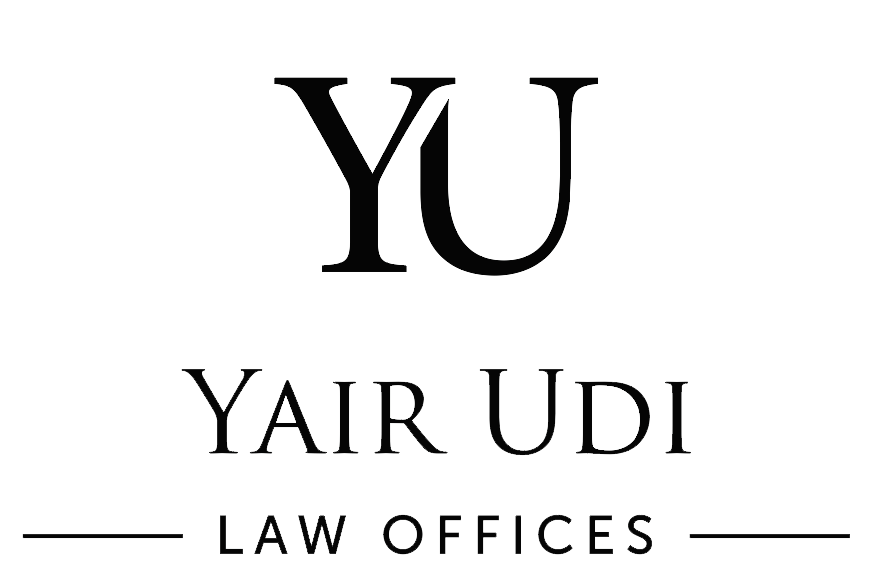Simple Agreement for Future Equity, also known as SAFEs, is an agreement mainly (but not only) used by founders to raise capital during the early stages of the startup. SAFEs are considered as an alternative to the established convertible note structure.
It provides the advantages of convertible debt minus its disadvantage, in order to simplify the funding process for startups as well as investors, keeping the transaction costs to a minimum. SAFEs provide various benefits to the early-stage startup founders, and this article discusses the same in detail.
As it is challenging to value a startup at its early stage, SAFE provides a way for startup founders to delay valuation until a future date while still providing a means to raise capital. It allows the investors to buy the right to acquire equity in the future when the company gains more traction and performance data that would help properly assess the startup’s value.
The agreement aims to provide future equity to the investors on the occurrence of certain future events such as future equity financing and the sale of the company in exchange for the capital invested by them in the startup.
SAFEs are found beneficial to startups because, unlike convertible notes, there is no requirement for founders and investors to agree on current valuation and share price. In contrast to SAFEs, convertible notes act as loans. Thus, with convertible notes, if the company fails, they have an obligation to repay the amount to investors, and the note creates debt, which is senior to equity. SAFE protects the company from such obligation and provides further benefit as it does not accrue any interest and does not have a specific maturity date.
As SAFEs do not have a maturity date, it simplifies things for the startup and its founders, allowing them to move forward faster, deal less with legal and negotiation, and focus more on the business growth. It negates the time spent on revising interest rates or extending maturity dates. Convertible notes are complicated and involve more terms, provisions, and contingencies, and it also saves dealing with tax issues arising from bearing, conversion or repayment of interest. These are the primary reasons why SAFEs are more beneficial to startups than convertible notes.
Another advantage of using SAFE is that it is relatively straightforward and simple, and does not involve much negotiation like other investments. It also contains essential stipulations regarding early exits, change of control, valuation caps, seniority in terms of liquidation and even the dissolution of the company. It also provides much flexibility to startups due to the lack of a predefined date of conversion and maturity date. The cost-effective and simple nature of these agreements is another major benefit. Also, unlike a convertible note, SAFEs provide a great deal of flexibility by not involving a deadline to repay the amount until the company begin fundraising in earnest.
From the above discussion, it can be concluded that SAFEs possess many benefits for startups and their founders. They can benefit in abundance by using SAFE to raise much-needed funding during early-stage, but also later when fast capital is required, and growth in valuation is reasonably foreseen. Thus, SAFE notes are a fantastic tool and one of the most beneficial instruments for raising seed funding.
Although SAFEs has many benefits, it has few inevitable consequences, and startup founders should also understand the consequences of SAFE before entering into one, and the potential consequences of entering into multiple SAFEs and SAFEs of different types.
DISCLAIMER
This content is brought to you for informational purposes only, you should not construe any such information or other material as legal, tax, investment, financial, or other advice. Nothing contained on this website constitutes a solicitation, recommendation, endorsement, or offer by any person or any third party service provider to buy or sell any securities or other financial instruments in this or in in any other jurisdiction in which such solicitation or offer would be unlawful under the securities laws of such jurisdiction.
THIS ARTICLE IS PROVIDED FOR INFORMATIONAL PURPOSES ONLY AND DO NOT CONSTITUTE LEGAL ADVICE. THIS ARTICLE IS PROVIDED WITHOUT ANY WARRANTY, EXPRESS OR IMPLIED, INCLUDING AS TO ITS LEGAL EFFECT AND COMPLETENESS. THE INFORMATION SHOULD BE USED AS A GUIDE AND MODIFIED TO MEET YOUR OWN INDIVIDUAL NEEDS AND THE LAWS OF YOUR STATE, BY INDEPENDENT COUNSEL YOU RETAIN. YOUR USE OF ANY INFORMATION CONTAINED IN THIS ARTICLE, IS AT YOUR OWN RISK. WE, OUR EMPLOYEES, CONTRACTORS, OR ATTORNEYS WHO PARTICIPATED IN PROVIDING THE INFORMATION CONTAINED HEREIN, EXPRESSLY DISCLAIM ANY WARRANTY, AND BY DOWNLOADING OR USING OR RELYING ON THIS ARTICLE; NO ATTORNEY-CLIENT RELATIONSHIPS ARE CREATED. DO NOT USE THIS ARTICLE WITHOUT AN INDEPENDENT LAWYER YOU HAVE SPECIFICALLY RETAINED FOR SUCH PURPOSE.
© 2022 Yair Udi – Law Offices. All rights reserved

